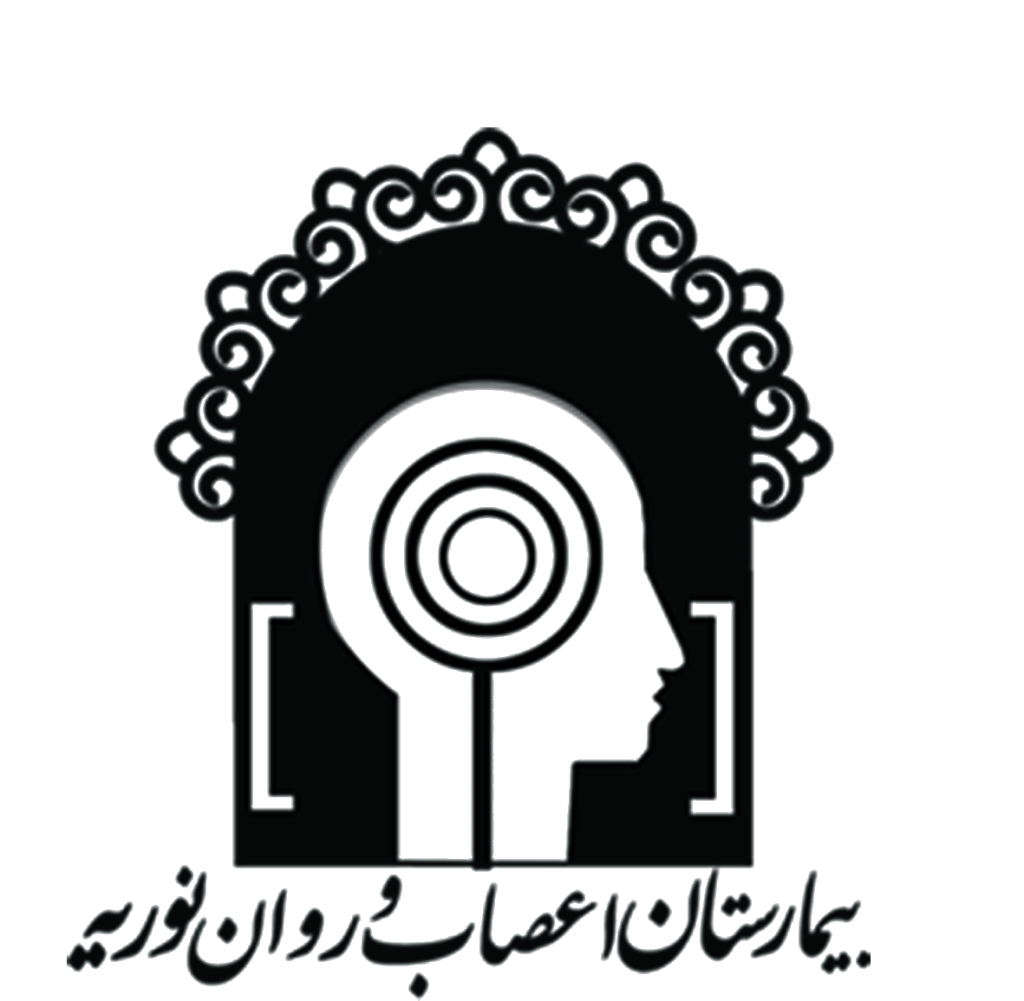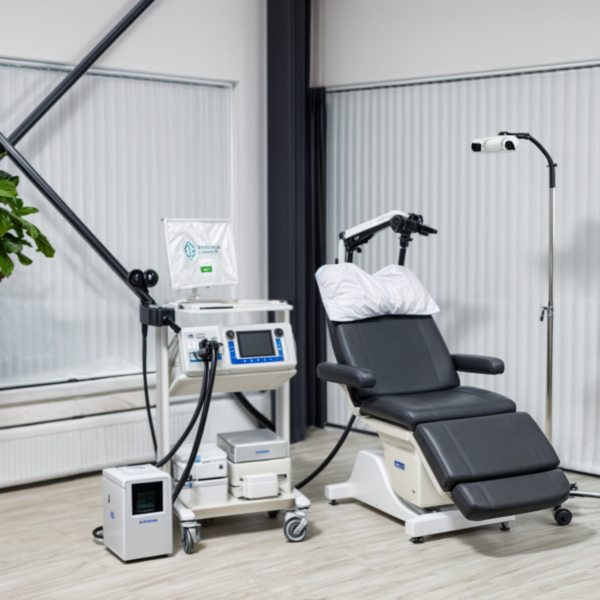034-33126601-5

rTMS (Repetitive Transcranial Magnetic Stimulation)

rTMS (Repetitive Transcranial Magnetic Stimulation)
Therapy is a modern, non-invasive technique that uses magnetic fields to stimulate specific areas of the brain. This therapy is used for certain psychological and neurological disorders, especially for treating treatment-resistant depression.
What is rTMS?
rTMS stands for Repetitive Transcranial Magnetic Stimulation. In this method, a magnetic coil is used to induce temporary changes in the brain’s electrical activity. The stimulation is applied to specific areas of the brain to treat conditions such as depression, anxiety, and neurological disorders.
How rTMS Works
A magnetic coil is placed on the skull, generating a magnetic field that non-invasively penetrates the brain. This field induces small electrical currents within nerve cells, which helps modulate brain activity in targeted areas.
The treatment parameters (frequency, intensity, and number of sessions) may vary depending on the disorder and the patient’s condition.
Therapeutic Uses of rTMS
Treatment-resistant depression (when patients do not respond to medications or psychotherapy).
Chronic anxiety.
Obsessive-compulsive disorder (OCD).
Bipolar disorder (to regulate mood and emotion).
Postpartum depression.
Some neurological disorders like chronic pain and brain injuries.
Benefits of rTMS Treatment
Non-invasive: No surgical intervention is required.
Relatively safe: Fewer side effects compared to medications.
No recovery time needed: Patients can return to their daily activities immediately after treatment.
No reliance on medications: Suitable for those who cannot take medications or suffer from medication side effects.
Potential Side Effects
While generally safe, it may cause:
Mild headaches.
Pain or discomfort in the scalp.
Mild sleep disturbances.
Occasionally, temporary problems with concentration or memory.
Treatment Process
Initial consultation: To determine if the patient is a suitable candidate for the treatment.
Therapy sessions: Each session typically lasts 20 to 40 minutes, and the number of sessions depends on the condition being treated.
After treatment: Patients can resume their normal activities right away.
Response to Treatment
The response varies among individuals, but many patients report improvements after 10–15 sessions.
Limitations and Considerations
Not suitable for all conditions (e.g., individuals with a history of seizures).
Some patients may not respond to the treatment.
It is typically used as a complementary treatment alongside medication or psychotherapy, rather than as a complete substitute.